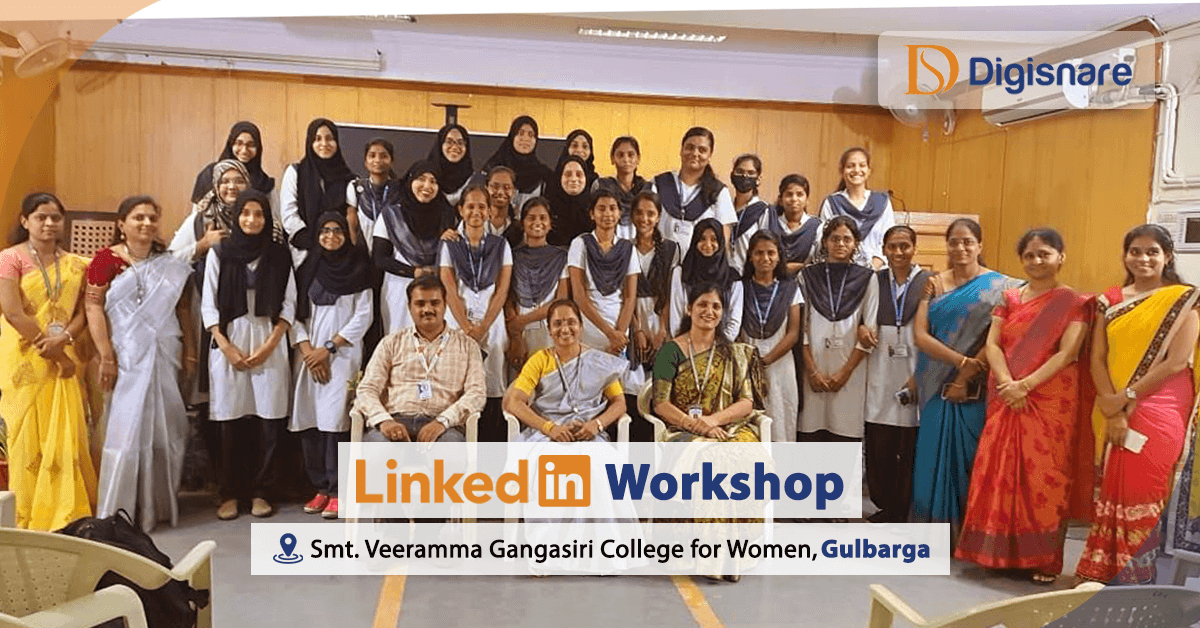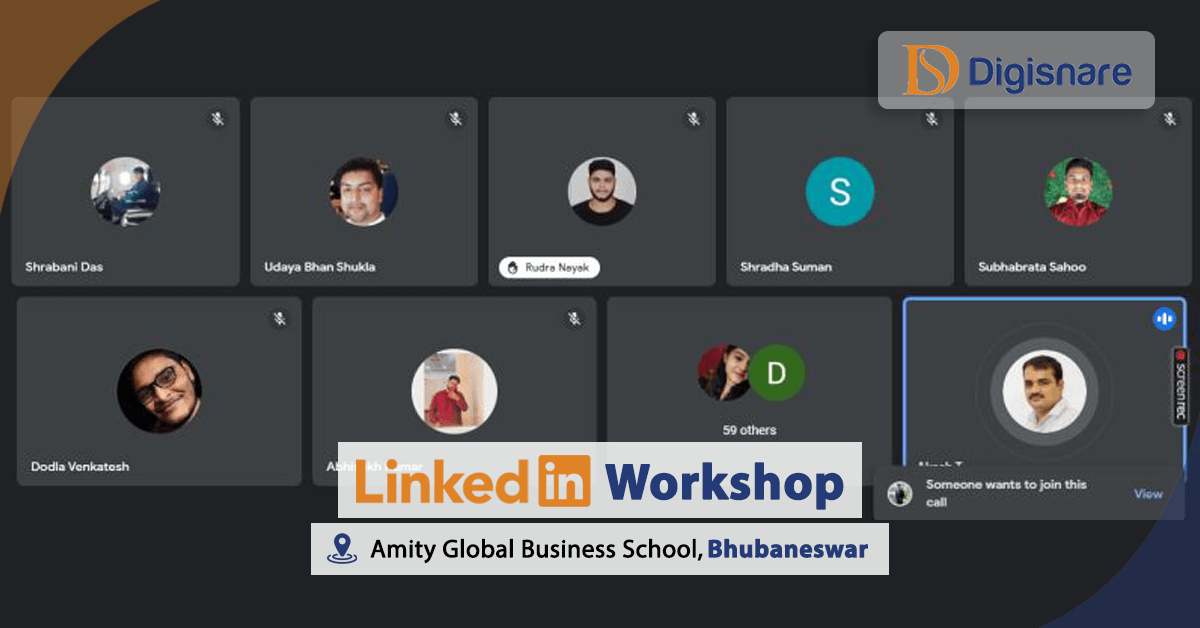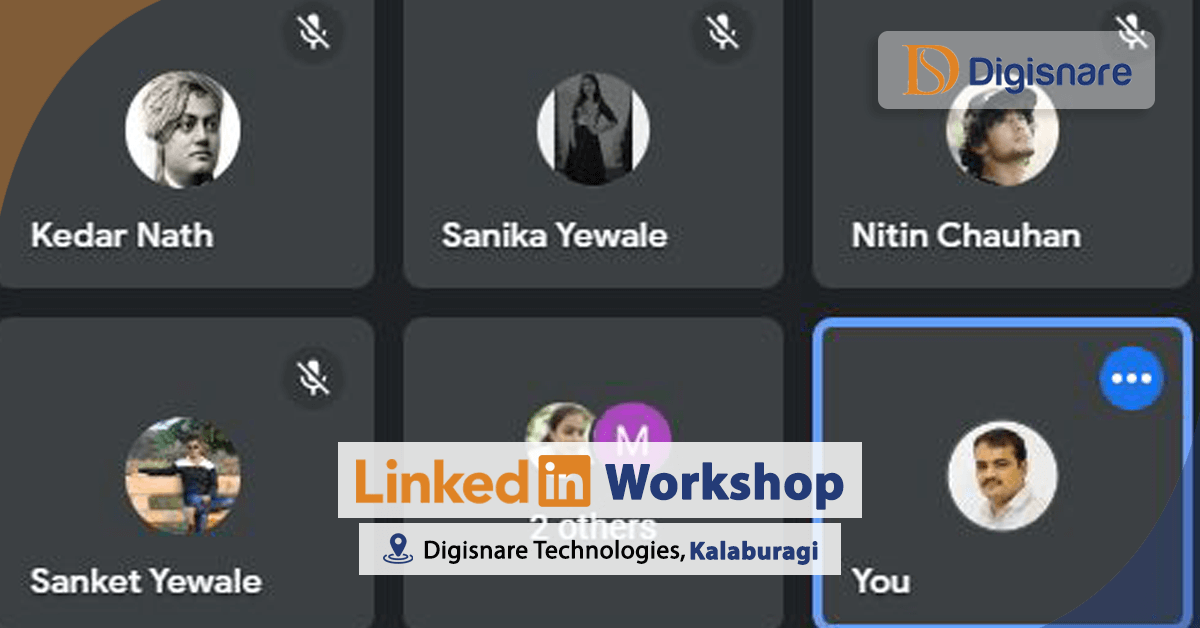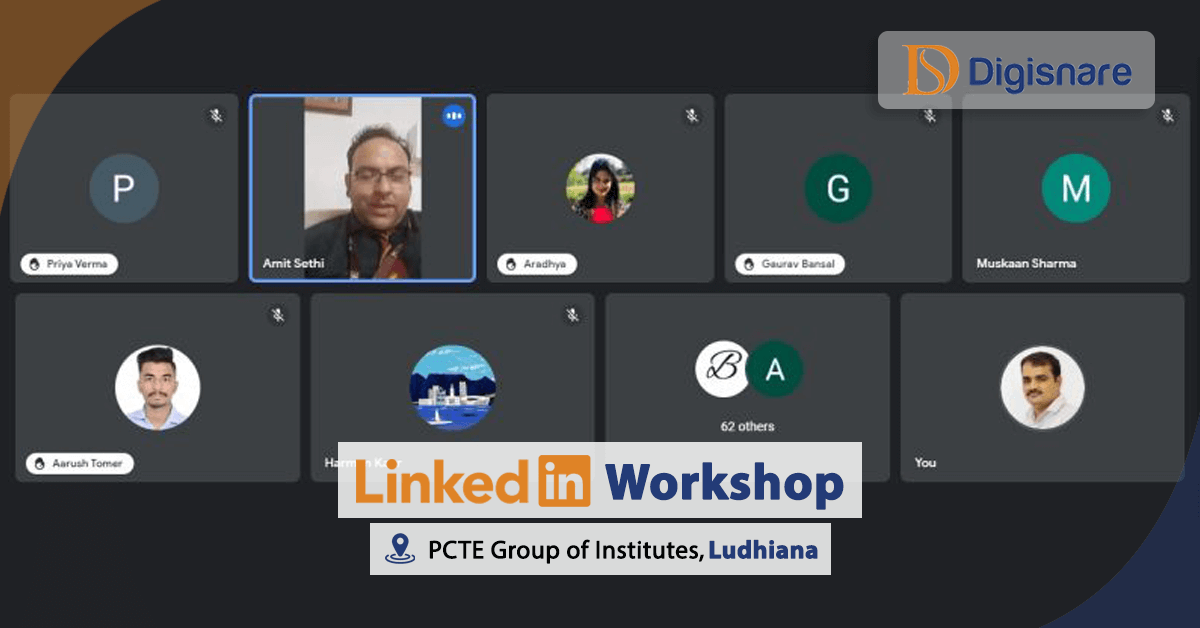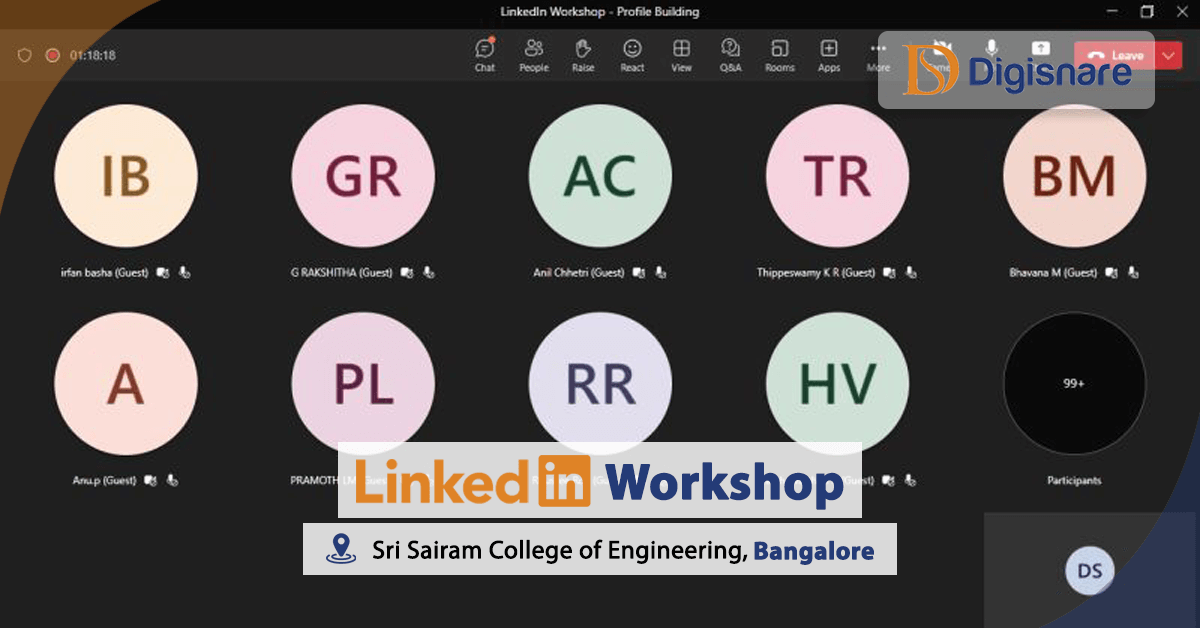A student workshop is an educational event designed to provide students with practical knowledge and skills in a focused and interactive setting. It typically includes:
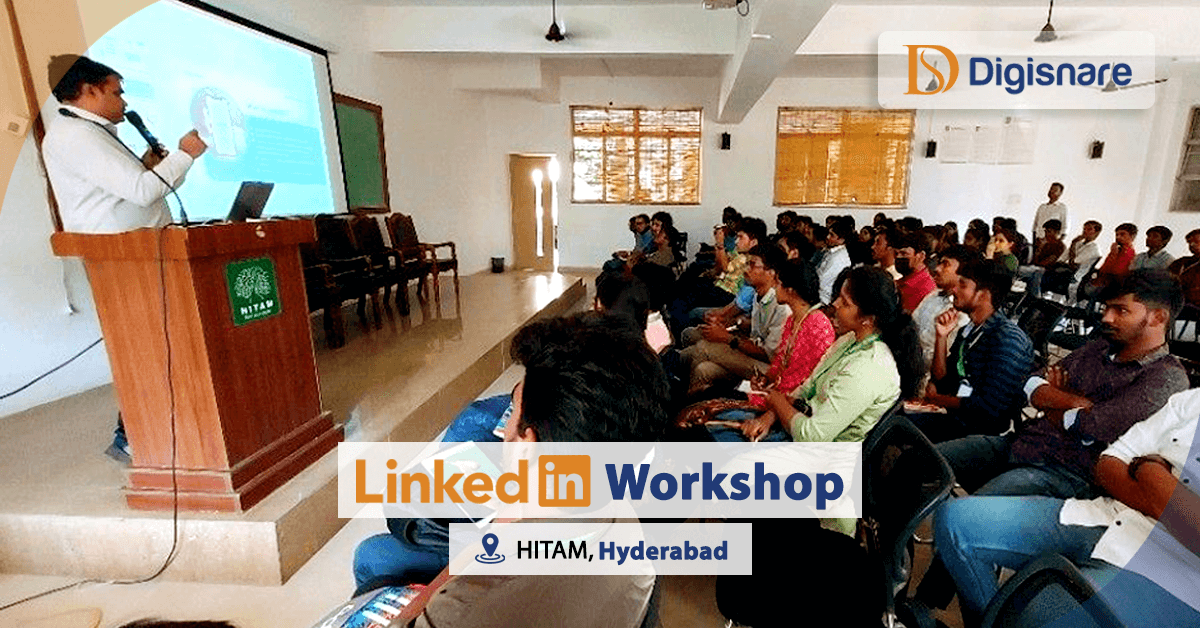
A workshop for college students is an interactive and educational session designed to enhance their skills, knowledge, or understanding of a particular subject or topic. It often involves hands-on activities, discussions, and practical learning experiences.
Attending workshops in college can help you acquire practical skills, gain valuable knowledge, network with experts, and enhance your academic and career prospects. They provide a unique learning environment beyond traditional classroom settings.
You can find workshops through your college or university's event announcements, departmental newsletters, online platforms, or by reaching out to professors and advisors who can recommend relevant opportunities.
Workshop costs vary. Some workshops may be free or have a nominal fee, especially if they are organized by your college or university. However, specialized or external workshops might come with a higher cost.
Workshops cover a wide range of topics, including academic subjects, career development, personal growth, and hobbies. Examples include coding workshops, leadership seminars, research methodology sessions, and art workshops.
Look for workshops that fit your schedule or consider online workshops, which offer flexibility. Prioritize workshops aligned with your academic or career goals to make the most of your time.
Yes, attending workshops can enhance your resume or CV by showcasing your commitment to continuous learning, practical skills, and a proactive approach to personal and professional development.
No, workshops are available for students of all majors and fields of study. Many workshops are designed to be interdisciplinary and offer skills and knowledge that can be applied across various disciplines.
To maximize your workshop experience, actively participate, ask questions, engage with fellow attendees, take notes, and apply what you learn to real-life situations or projects.
Yes, attending workshops can expand your network and connect you with potential employers or internship opportunities. Networking with workshop facilitators and fellow participants can be valuable for your future career.
During the workshop, individuals can expect to engage in a variety of tasks and activities that are designed to provide hands-on experience in their chosen field or industry.
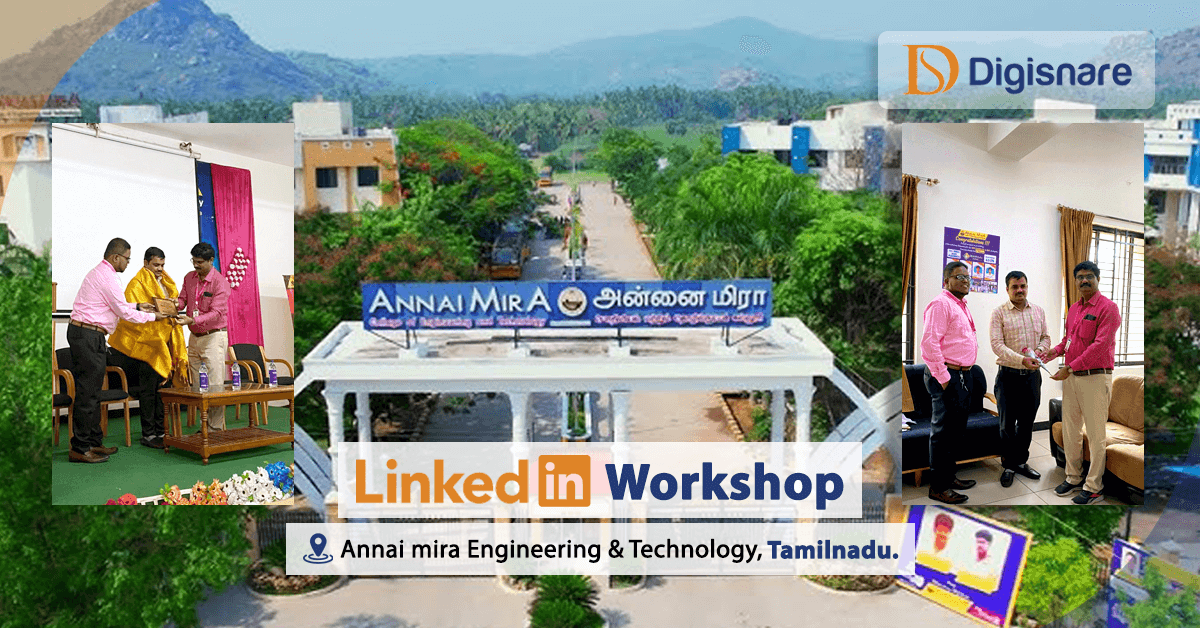
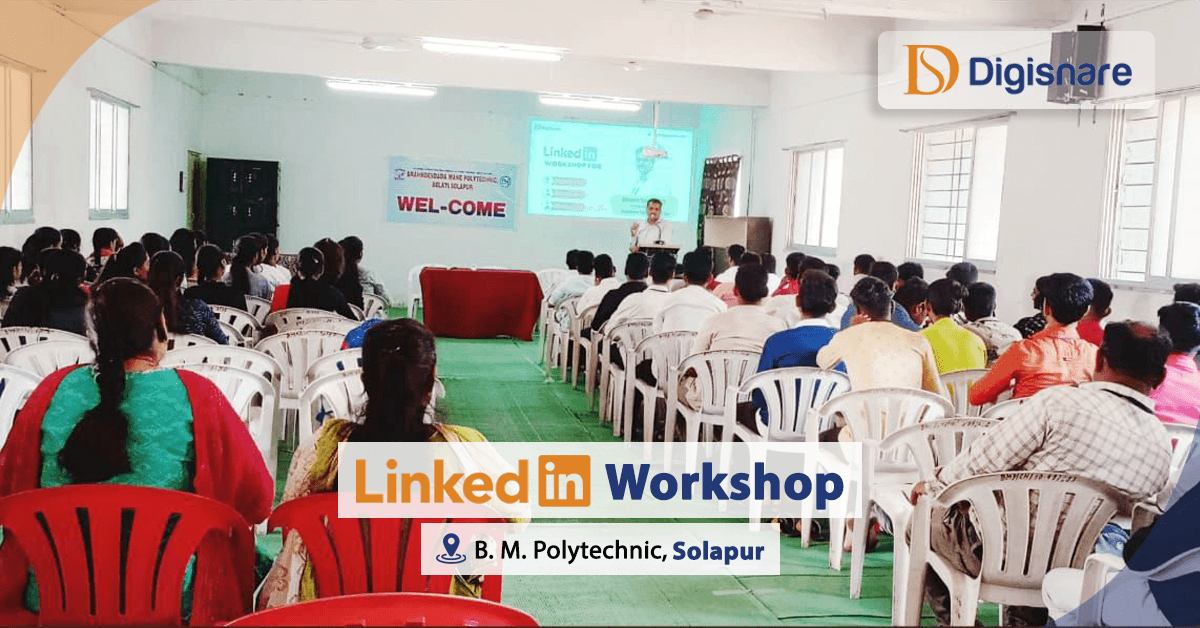
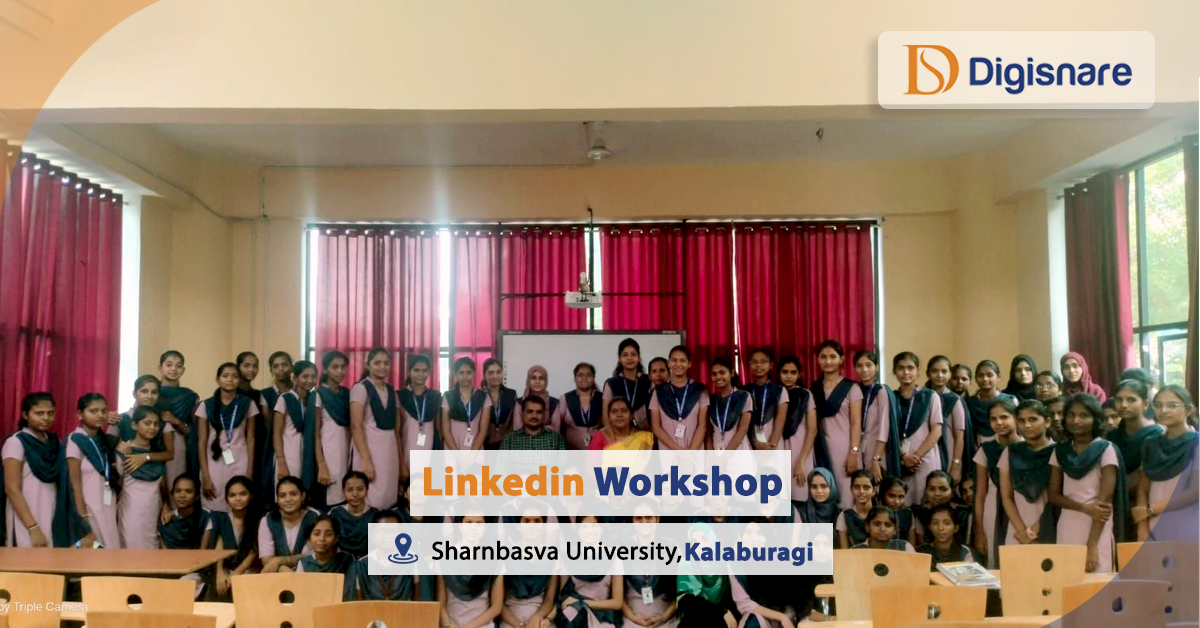

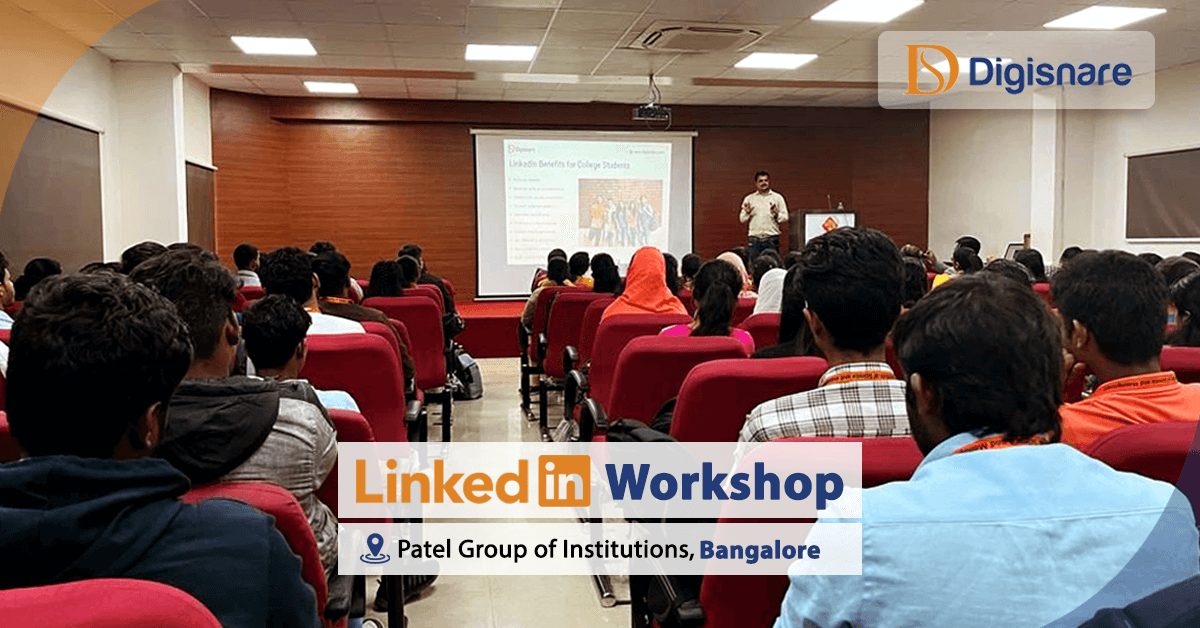
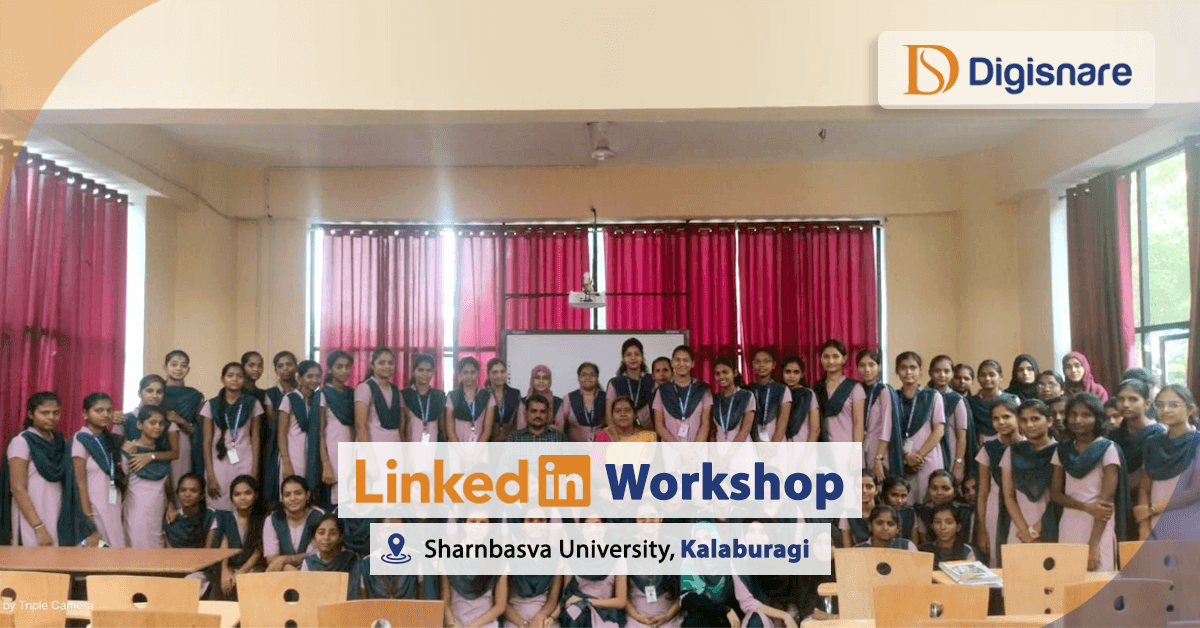
,-Hyderabad.png)
